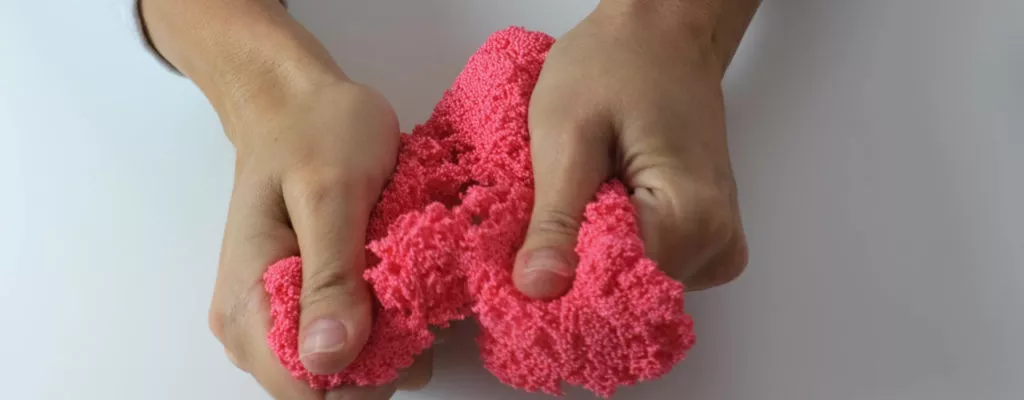Sensory Processing Disorder / Sensory Integrative Dysfunction

Are You Living with a Sensory Processing Disorder?
Sensory processing disorders (also known as sensory integration dysfunction) can make life difficult. Fortunately, Therapy Care is here to help.
As stated by Psychology Today, a sensory processing disorder is defined as follows:
“Sensory processing disorder—also known as SPD or sensory integration disorder—is a term describing a collection of challenges that occur when the senses fail to respond properly to the outside world.”
There are many different types of sensory processing disorders and our Batavia occupational therapists can get to the root of the issue to determine the best course of treatment for your specific needs.
To learn more about sensory processing disorders and how we can help you find answers, contact Therapy Care today!
What kind of sensory processing disorder do I have?
In order to understand the best way to treat your sensory processing disorder, it is important to understand the different types of sensory processing disorders.
The three main categories that make up sensory processing disorders include proprioception, interoception, and vestibular:
- Proprioception. The term “proprioception” refers to one’s positional awareness of their body and its movements. Proprioception therapy works on strengthening certain areas of the body, especially the core, in order to improve positional awareness.
- Interoception. The term “interoception” refers to one’s awareness and understanding of how their body feels. This can refer to physical feelings, such as feeling warm or cold, or emotional feelings, such as feeling happy or upset. Our Batavia occupational therapists can help with understanding how to better communicate interoception, which can ease frustrations when trying to verbalize feelings.
- Vestibular. The vestibular system is a delicate collection of fluid-filled chambers and sensory nerves located in the inner ear. This system helps keep us level, so if you are feeling dizzy or having difficulties staying balanced, it generally means that the liquid in the vestibular system is a little bit off-balance. The vestibular system also helps with proprioception, and when this is altered, it can be difficult for you to keep yourself steady.
Ready to get started? Contact us today
At Therapy Care, our Batavia occupational therapists are equipped in providing specialized treatments and therapies for any sensory processing disorder you may be experiencing.
Our team will work closely with you to determine which course of treatment will be best for you and your specific needs.
Contact us today to schedule a consultation and get started on the first steps toward treatment.


